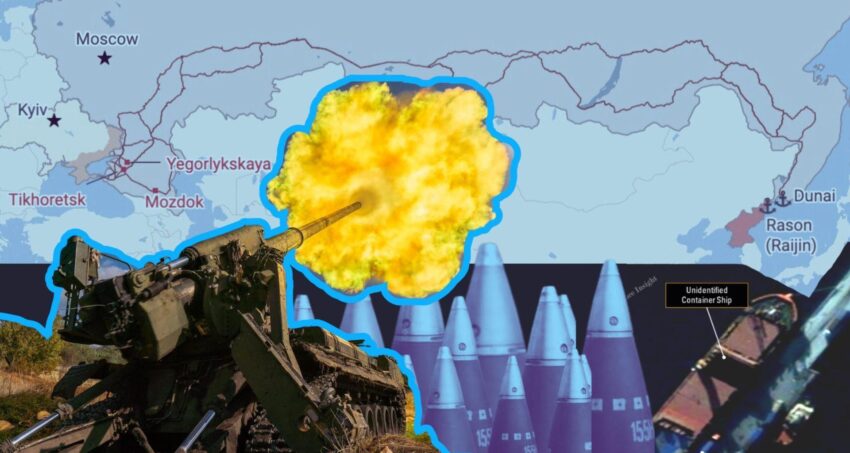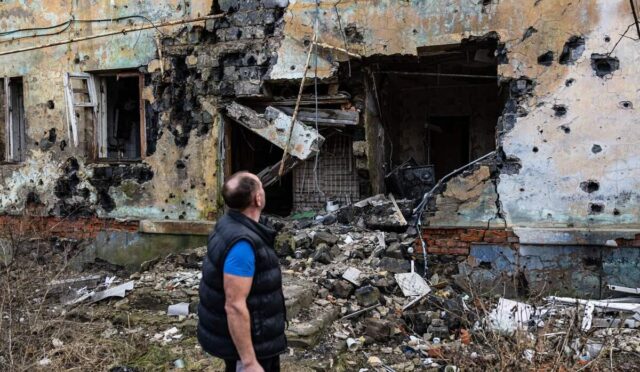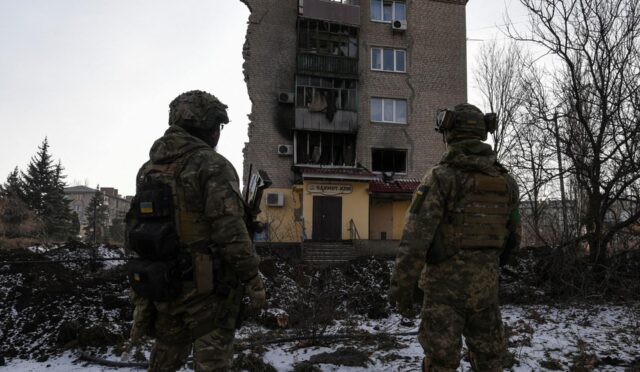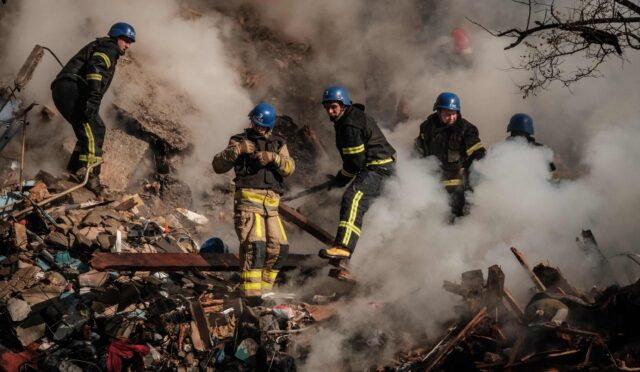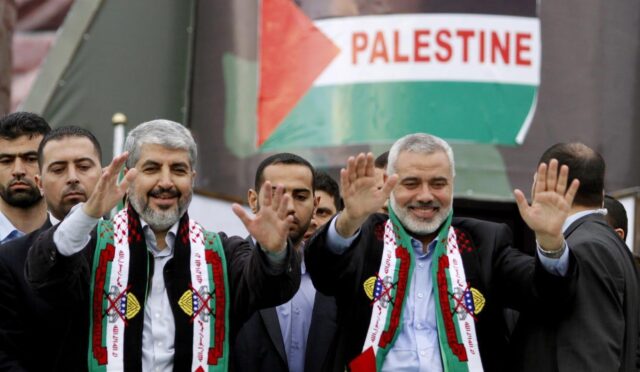North Korea’s Ammunition Support to Russia
Recent reports indicate that North Korea is supplying approximately 40 percent of the ammunition that Russia utilizes in its ongoing conflict with Ukraine. This information comes from Kyrylo Budanov, the head of Ukraine’s military intelligence agency (HUR), who shared insights during an interview with Bloomberg. He revealed that North Korea is exchanging artillery shells for funding and technology, a partnership that allows Pyongyang to mitigate its international isolation. This collaboration is further strengthened by a mutual defense pact that was formalized between North Korea and Russia in 2024.
Budanov emphasized that the North Korean arsenal plays a significant role in the conflict, noting that about 60% of casualties sustained by Ukrainian military intelligence in recent months can be attributed to artillery manufactured in North Korea and deployed by Russian forces. He remarked, Those are good weapons, highlighting the quality and availability of North Korea’s military supplies.
North Korea: A Key Ally for Russia
As the conflict enters its third year, North Korea has emerged as a crucial ally for Russia. In this partnership, Moscow typically provides support in exchange for manpower and military resources from North Korea. Earlier this month, Budanov disclosed that North Korea has integrated Russian-made Pantsir-S1 air defense systems into its military infrastructure, further solidifying this cooperation. He pointed out that there are plans for Russia to initiate military training for North Korean troops to familiarize them with advanced weaponry.
Additionally, Budanov stated that Russia is collaborating with North Korea on a project aimed at assisting Kim Jong Un’s regime in developing Shahed kamikaze drones domestically. These drones, designed in Iran, are often employed in Russia’s nighttime strikes against Ukrainian targets, underscoring the growing military synergy between the two nations.
Regional Security Concerns
The ramifications of this military cooperation could extend beyond the immediate conflict in Ukraine, potentially escalating tensions throughout the Asia-Pacific region. Budanov articulated concerns that these developments may exacerbate security dynamics, particularly in the context of North Korea’s interactions with South Korea. As North Korea continues to bolster its military capabilities with Russian support, the balance of power and regional stability in East Asia could be at risk.
With the ongoing collaboration aimed at enhancing military effectiveness, analysts are closely monitoring the situation. The increased flow of arms and technology between North Korea and Russia might provoke a rash of responses from neighboring countries, particularly South Korea, which remains vigilant against the threats posed by its northern neighbor.
